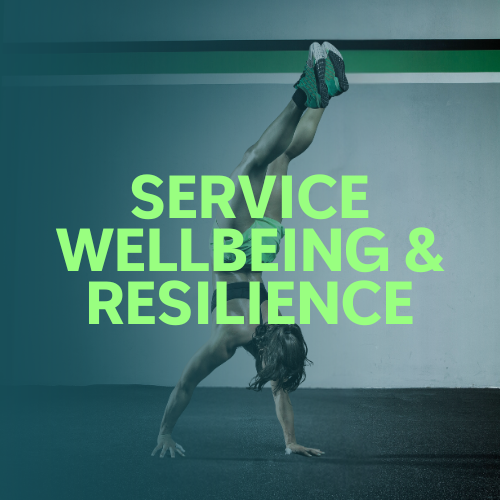Will technology be at the heart of service in a post-Covid world?
By Jo Causon, CEO, The Institute of Customer Service As we swiftly approach the end of a year that many…
Service with Respect: Inspirational Stories
It has now been four months since we launched our Service with Respect campaign in response to the worrying increase…
Keep the customer experience alive through lockdown to maintain loyalty
By Jo Causon, CEO, The Institute of Customer Service The ongoing impacts of the Covid-19 pandemic continue to create challenges…
Webinar: Head to Head with Miguel Cabaça (Arval UK)
Each week our CEO, Jo Causon, interviews a business leader to discuss the challenges their organisation is facing. Jo’s guest…
Webinar: Head to Head with Neil Mullarkey (The Comedy Store Players)
Each week our CEO, Jo Causon, interviews a business leader to discuss the challenges their organisation is facing. Jo’s guest…
Embrace the lessons of the first lockdown to navigate the second
By Jo Causon, CEO, The Institute of Customer Service In a move that felt almost inevitable, we now find ourselves…
Webinar: Head to Head with Ben Fletcher (The Very Group)
Each week our CEO, Jo Causon, interviews a business leader to discuss the challenges their organisation is facing. Jo’s guest…
Faced with a new wave of uncertainty, we should focus on a green recovery
By Jo Causon, CEO, The Institute of Customer Service The latest phase of the Covid-19 pandemic has brought with it…
Jo Causon on LBC’s Nick Ferrari at Breakfast
LBC ran a special report week on the Together Against Hate campaign, spearheaded by Nationwide. The week of special features…
We must steel ourselves for the challenges ahead
By Jo Causon, CEO, The Institute of Customer Service As regional lockdowns continue to come into force up and down…
Webinar: Head to Head with Catherine Rutter (Lloyds Banking Group)
Each week our CEO, Jo Causon, interviews a business leader to discuss the challenges their organisation is facing. Jo’s guest…
Stay true to your purpose and standards of service excellence
By Jo Causon, CEO, The Institute of Customer Service There is no doubt that we have now entered a third…
Events and Training
We also hold regular events and webinars. Most are exclusive to our members and some are open to all business leaders and customer service professionals.













